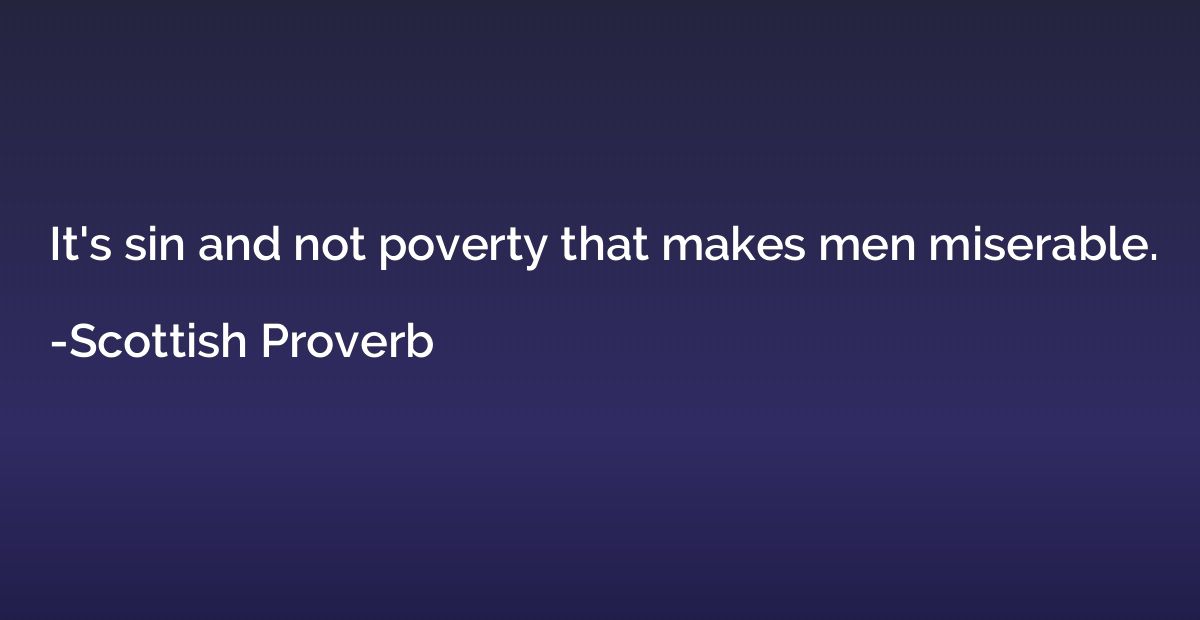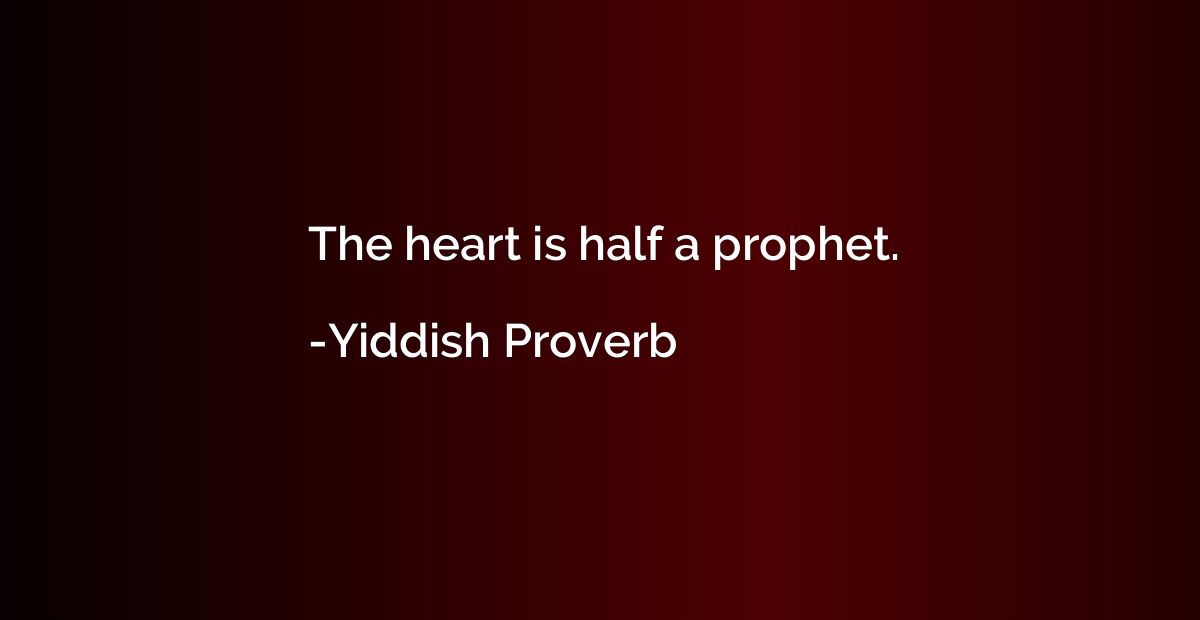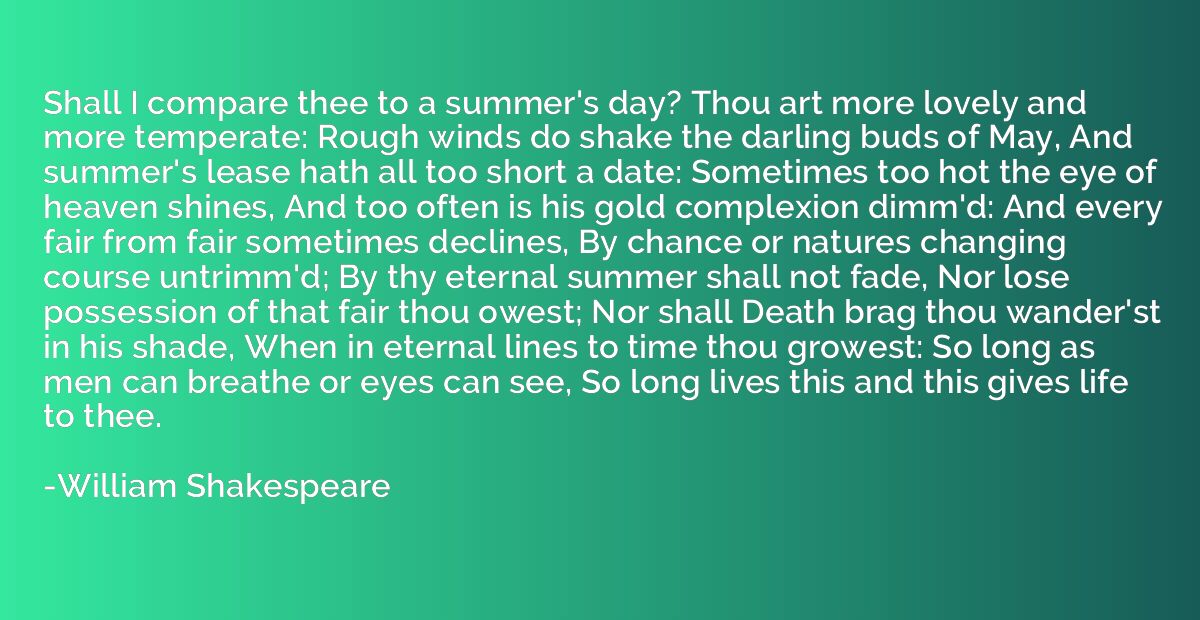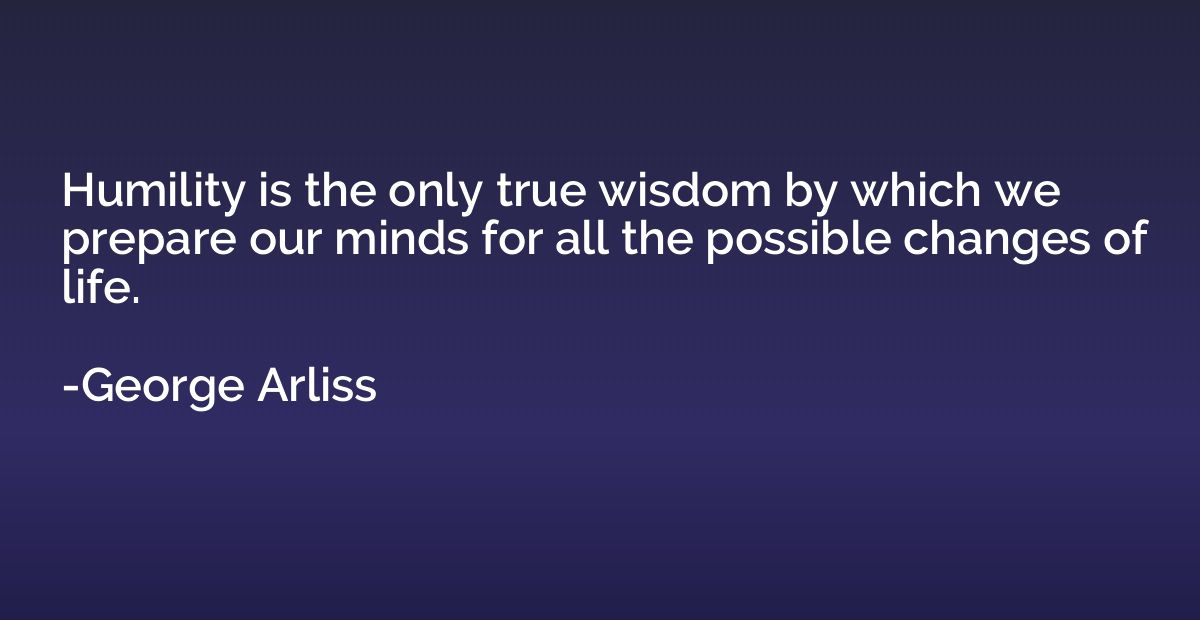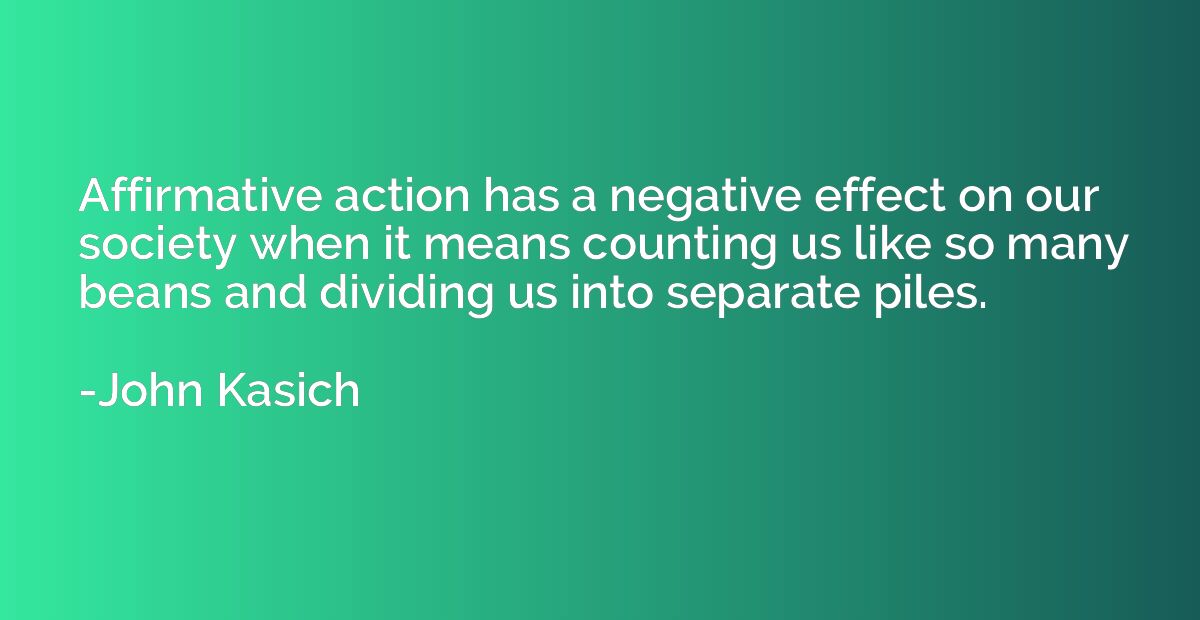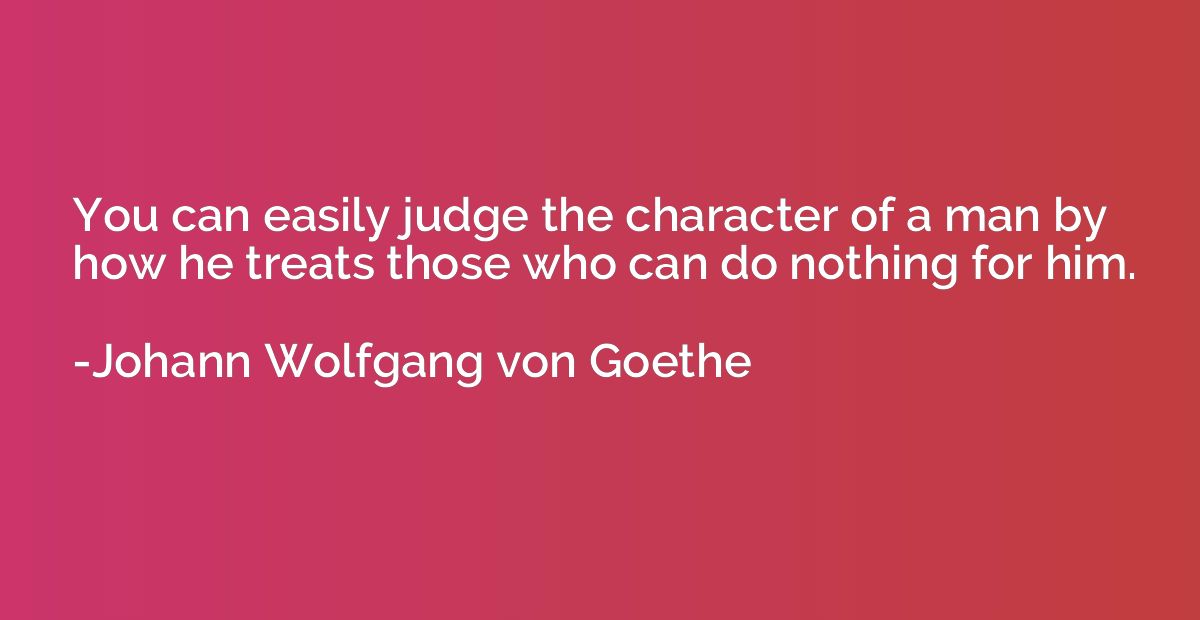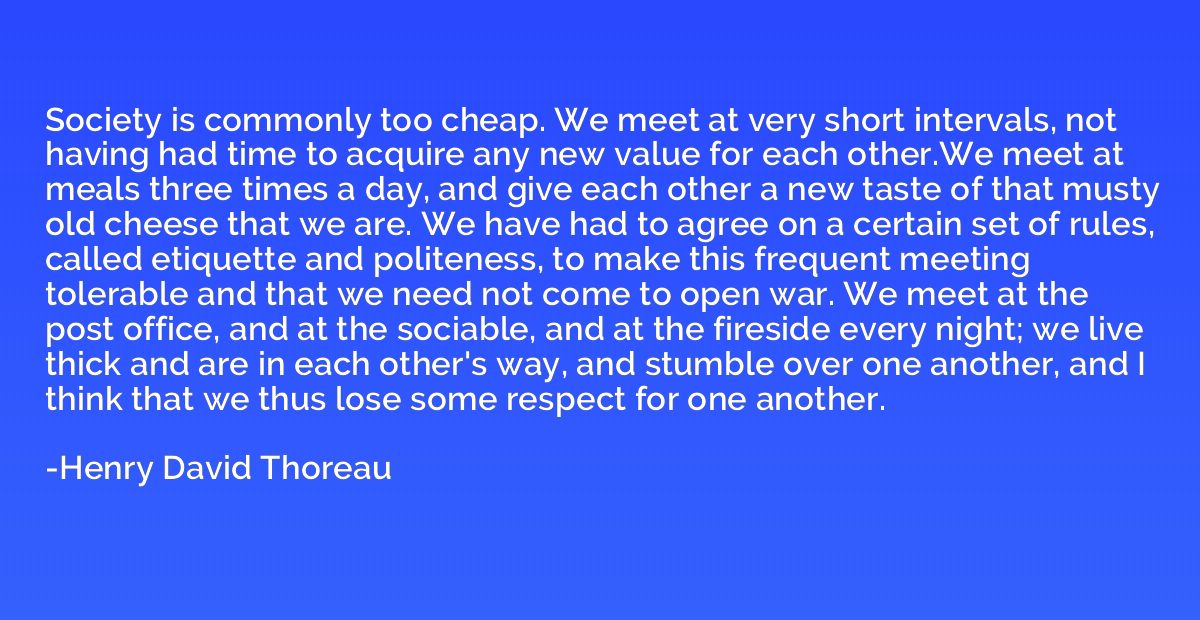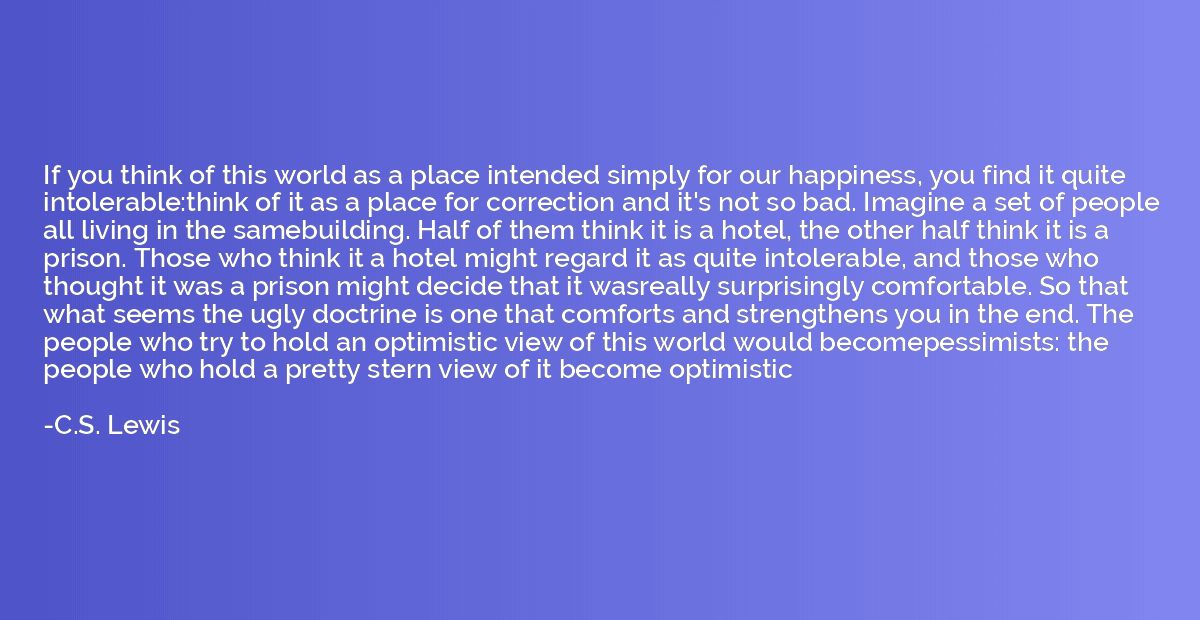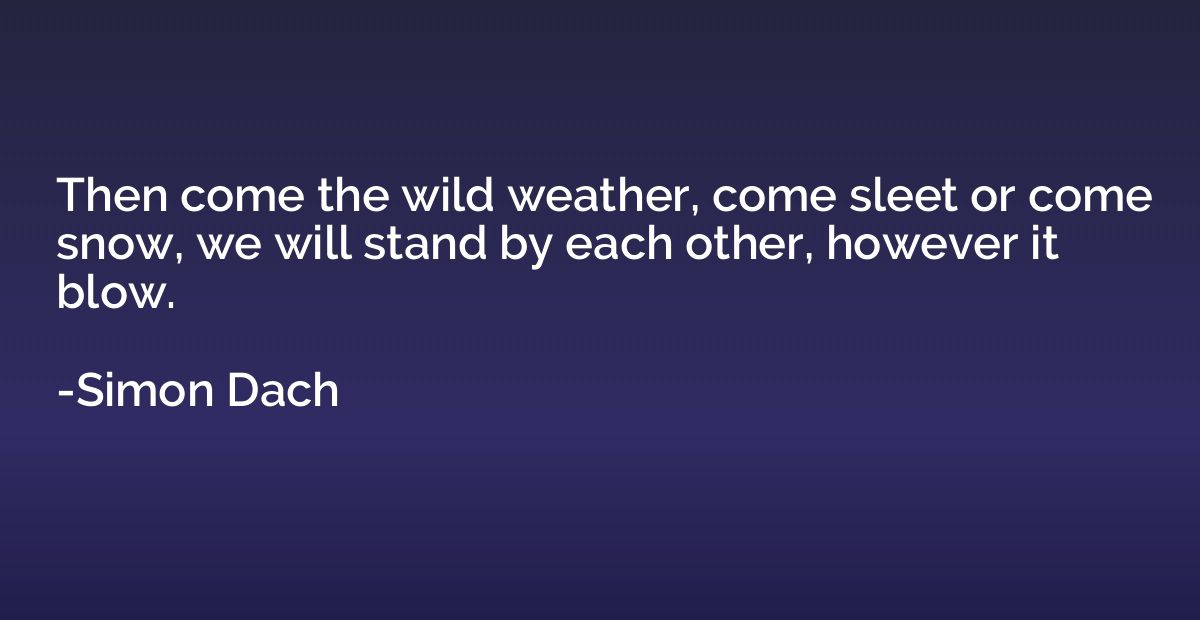Summary
This quote suggests that it is not poverty alone, but rather one's actions and moral transgressions (sin) that lead to unhappiness and misery. It implies that it is possible to be content and at peace even in the presence of poverty, as long as one lives a righteous life. The quote serves as a reminder that material possessions are not the only source of fulfillment, and that personal integrity and virtuous behavior are crucial factors in finding true happiness.
